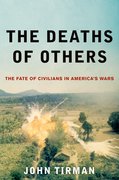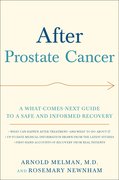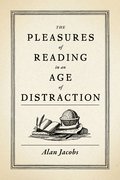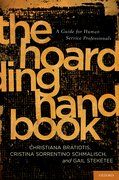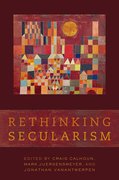The non-fiction class action
By Andrew Trask
The non-fiction author has all kinds of worries. He may get his facts seriously wrong, in a very public forum. His books may not sell. Even if his books do sell, he may be sued for libel (the print version of slander), especially in Europe. And, in the past few years, a new threat



